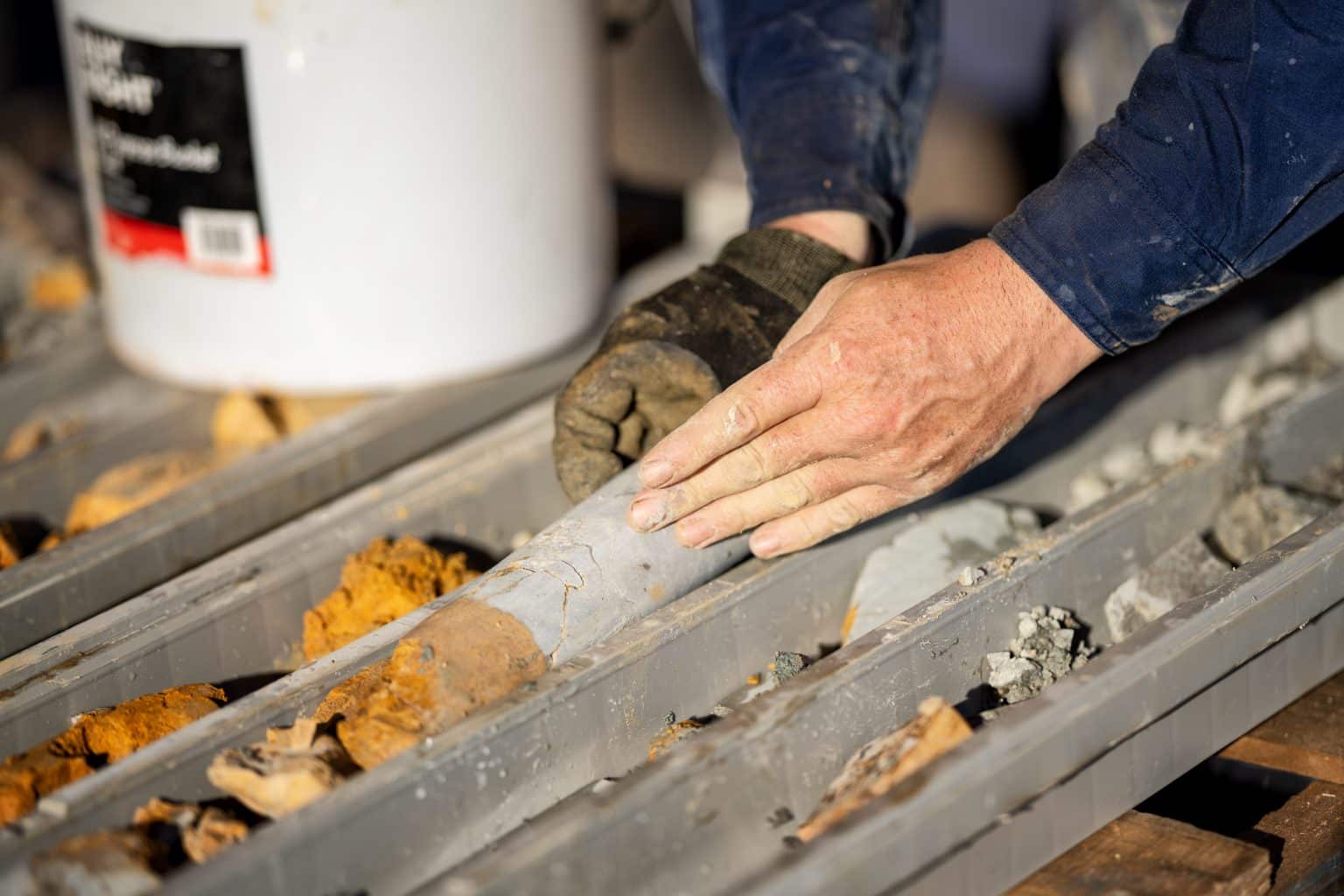Silver has been prized as a hard asset and value store for thousands of years. Although silver hasn’t been used as currency for nearly a century, its value as an investment is no less tangible. Investing in silver is merely changing.
How silver investment is changing (and why)
Silver is one of the most-traded precious metals on the market. Like gold, it is seen as a stable currency through inflation periods and a ‘safe harbour’ that holds its value – for example, during a global pandemic.
But that’s where the similarities end.
Unlike gold, silver is both a precious metal and an industrial metal.
Its usefulness in established and emerging industries means a broader cross-section of people are interested in investing in silver today.
In 2022 output of silver is rising very slowly while demand from industrial and photovoltaic demand to jewellery and silverware is on a strong growth path.
Electronics and communication
Silver is the most conductive metal on earth. In fact, the electrical conductivity of all other metals is benchmarked against it.
So, when it comes to electrical components, power transmission, communications and switches, there’s no better material.
Silver springs up in a variety of innovative applications:
- RFID chips with silver ink antennas
- Solar panels
- Smartphone circuit boards
- Car electronics, from heated windshields to push-to-start switches
Thanks to its high conductivity and durability, silver is one of the most versatile metals, used in everything from electrical contacts in consumer devices to industrial soldering.
Solar panels
PV (photovoltaic) solar panels represent one of the biggest demand drivers for silver and silver stocks on the ASX.
A silver paste applied to silicon panels conducts electrons that have been freed by sunlight hitting the panel.
With demand for solar panels expected to grow more than 20% each year until at least 2027, silver is expected to be a hot commodity.
Electric vehicles
Australia’s demand for EVs (electric vehicles) is accelerating fast. Some predictions point to EVs making up 50% of the market by the end of the decade.
Like solar panels, silver is valued in EV production for its conductivity. Silver is used extensively in mission-critical components, from navigation systems to electronic power steering and safety features like airbags.
In addition, silver’s resistance to corrosion makes it an ideal material for use in batteries.
Every combustion-engine car uses an estimated 15-28 grams of silver. For hybrid vehicles, that figure is closer to 18-34 grams, while battery powered EVs need between 25-50 grams of silver.
Overall, more than 55 million ounces of silver find their way into vehicles each year.
As Australia’s EV industry grows and cars get smarter, silver will be a vital ingredient in our battery-powered future.
Silver’s reputation
Silver is used to hedge against inflation and ride out market disruption.
However, the price of silver has a few more influences than gold:
- Comparatively smaller market
- Lower price
- Dual use as a value store and industrial precious metal
- Public perception of silver as less valuable than gold
In the past, these factors have contributed to silver’s reputation as a volatile investment. Investors use the gold:silver ratio to track silver’s comparative value, although the relevance of this arcane ratio is questionable nowadays.
Silver as an investment can be volatile. That is partly due to fluctuating industrial demand and speculation about silver’s purpose as a value store.
But the green energy revolution could change all that.
Forecasting the future of silver as an investment
Even considering the above factors, predicting future prices is tricky.
Australia’s green energy future is anticipated to significantly impact the industrial demand for silver. Whether that increases the price of silver stocks on the ASX will also be affected by factors like:
- Silver ETF performance
- Silver as a value store
- Investors hedging future silver prices
Silver inventories at the London Bullion Market Association are reportedly at a six-year low.
Silver stocks on the ASX
Silver investments come in many forms, including ETFs, individual silver miners, buying physical silver or investing in mutual funds that hold ASX-listed silver stocks.
That variety opens the door for investors to test silver as an investment in the way they feel most comfortable.
For example, Boab Metals’ Sorby Hills Project, Australia’s largest undeveloped lead-silver-zinc deposit, features a mineral resource of around 30% silver and 70% lead.
The combination of silver, with its high upside potential, and lead, a metal used in 70% of all battery storage applications, presents a different investment opportunity compared to pure-play silver miners.
The Sorby Hills Project is progressing steadily towards production with a high-quality mineral resource estimate, future exploration potential, exciting feasibility study results and confirmed commitments from powerhouse JV partners.
Compared to buying bullions or hedging the price of silver, investing in a diversified mining company could pose an opportunity to unlock silver’s upside while reducing risk exposure.
For more information about investing in Boab Metals Limited, see our Investors site or explore our blogs on the silver and lead industries.

